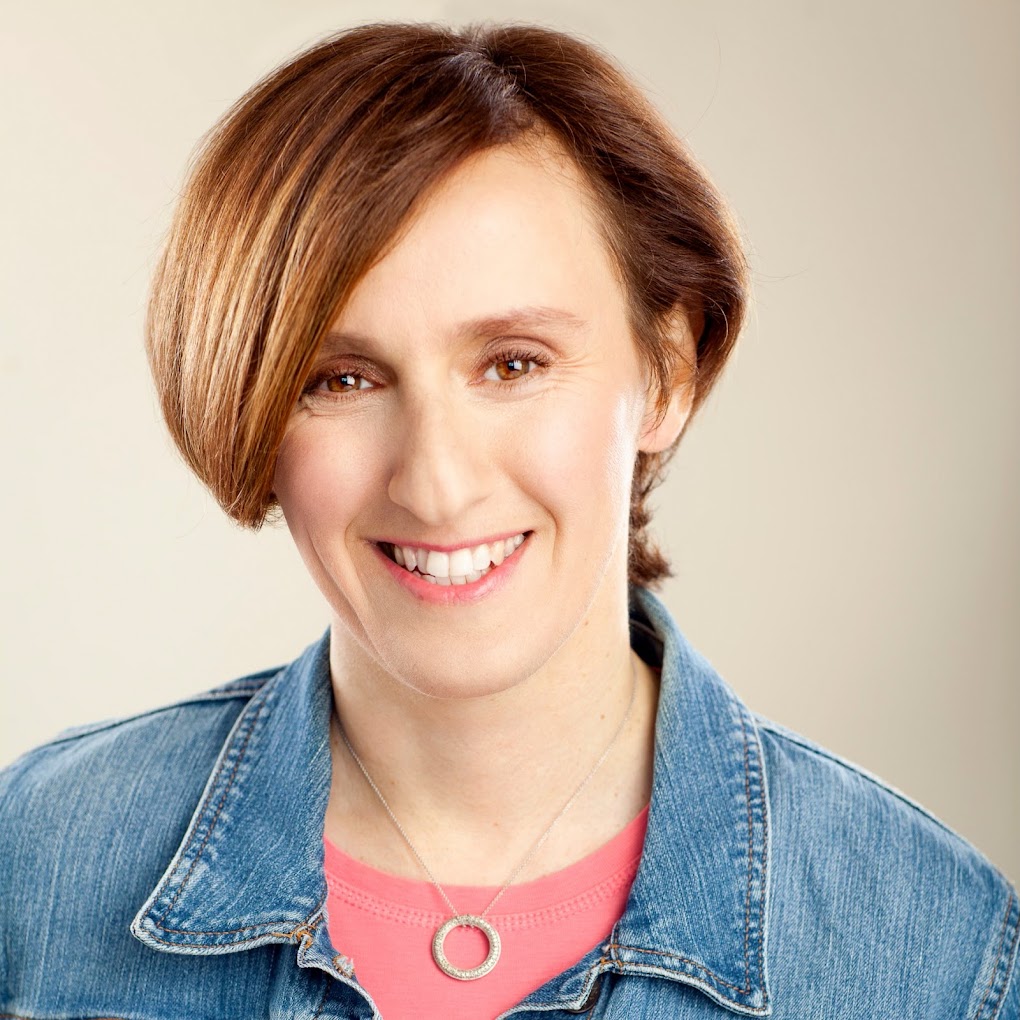
Who are you?
Hi, my name is Yuliya. I’m a bilingual Gestalt therapist (licensed mental health counselor),
and I offer therapy in Russian and English. My heart and my work are in perinatal mental
health—supporting women through pregnancy, postpartum, and the early (and often messy)
years of parenthood.
What is it like becoming a parent in NYC?
New York City has endless opportunities—there’s a class, a group, or a resource for almost
everything. On one hand, that’s amazing. On the other hand? It can make you feel like you’re
already behind.
Everywhere you look, it seems like someone else has it together: the baby who sleeps through
the night, the mom who looks like she never gave birth, the couple who somehow balance
careers, childcare, and date nights.
For many moms, this journey stirs up old patterns of comparison and that heavy “I’m not good
enough” feeling. Sometimes those thoughts fade. But sometimes, they stick—and grow louder.
What starts as a passing doubt can turn into constant worry, sadness, intrusive thoughts, or even
rage. That’s when we’re no longer just talking about comparison. We’re talking about perinatal
mood and anxiety disorders (PMADs).
What are PMADs?
PMADs are the most common complication of pregnancy and childbirth—but they’re rarely
talked about. They don’t always show up as the “classic” picture of postpartum depression. They
can look very different from one mom to another:
- Feeling sad, numb, or disconnected.
- Racing thoughts and constant “what ifs.”
- Scary, intrusive thoughts or images that feel out of control.
- Bursts of rage that seem to come out of nowhere.
- Flashbacks after a traumatic birth.
Most PMADs start with the same kind of self-doubt almost every parent feels—Am I doing this
right? Am I failing my baby? The difference is that instead of easing over time, those thoughts
start to take over. They don’t go away on their own.
The good news? PMADs are common, and they are treatable. Naming them is often the first
step to feeling relief. I hear moms say all the time, “I thought it was just me.” It’s not just you.
How does therapy help?
Therapy gives you space to be real about motherhood—the good, the bad, and the ugly. Many of
the moms I see say they finally exhaled when they could admit out loud what they’ve been
holding inside: the gap between what society says motherhood should be and the complex, non-
glamorous reality they’re living.
When we stop chasing the Instagram version of “perfect mom” and start supporting the real
mom—the tired, loving, frustrated, hopeful, human one—something shifts. Moms begin to build
self-compassion. They feel more confident in their choices. And little by little, they rediscover
moments of joy.
It’s not about being fixed or becoming perfect. It’s about being seen, supported, and reminded
that you already are enough.
What message would you want every new mom to hear?
You are already enough.
Your worth is not measured by how quickly your baby sleeps through the night, how clean your
home is, or whether you breastfeed exclusively.
Motherhood isn’t a performance—it’s a relationship. Relationships are messy. What your baby
needs most is not a flawless mom, but a real, responsive mom who shows up, repairs when
things go wrong, and keeps going.
And you matter too. Asking for help, resting, going to therapy—those aren’t selfish acts. They’re
ways of keeping yourself (and your family) healthy.
About the Author
Yuliya Golubev, LMHC is a bilingual (Russian-speaking) Gestalt therapist based in Midtown
Manhattan and Brooklyn. She specializes in perinatal mental health, helping mothers navigate
pregnancy, postpartum, and early parenthood. Yuliya supports moms by helping them develop
compassion for themselves and by bringing confidence and joy back into motherhood.

